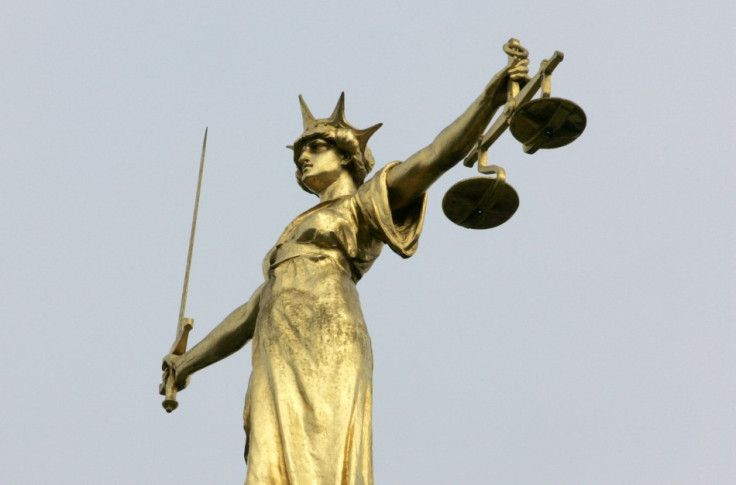MPs Vote for Secret Courts Despite Fears for British Justice

Plans for secret courts in the UK have moved closer to reality after MPs voted in favour of evidence being heard behind closed doors.
The controversial government measure, which was put to the MPs' vote last night, has been criticised as an affront to British concepts of open justice.
Supporters say judges should be able to hear sensitive evidence on national security issues in private, to prevent secret intelligence sources from being exposed.
Labour tabled a number of amendments proposing safeguards for the new courts, but these were defeated at the vote despite support from a number of Conservatives including 1922 Committee chairman Graham Brady.
Minister Ken Clarke said hearing evidence in secret was "common sense" where national security is at stake.
Clarke said safeguards were in place to prevent the powers being abused, and insisted that decisions on which evidence to hear in private would be out of the hands of politicians.
According to Clarke, judges will have "unfettered" power to decide when to commence secret proceedings.
A clutch of MPs from the Coalition parties voted against the measures, which passed with a comfortable majority for the government.
Now Liberal Democrats MPs face a backlash from grassroots supporters at the party's Spring Conference this weekend. Only seven MPs opposed the plans in parliament.
Among the Lib Dem rebels were the party's President, Tim Farron, and deputy leader Simon Hughes. Former minister Sarah Teather also voted against her own party.
Influential Tory MP David Davis has also criticised evidence being heard in private. Speaking previously on the issue, the former Conservative leadership hopeful called secret courts a "licence for cover up" and claimed the argument for secret courts was based on a "falsehood."
The government's justification of the measures was based on fears that international allies would stop co-operating with Britain because of the risk of sensitive details being heard in court during terror trials.
Justice campaign group Reprieve has called for all-out opposition to the measures. Claire Algar, head of Reprieve, said:
"It is appalling that, even at this late stage in the debate, the Government doesn't know or won't say whether secret courts could be used to deprive people of their liberty. Complete opposition to secret courts is the only safe way forward.
"This has been a dark night for British justice. These plans for secret courts were always dangerous and unnecessary, but the failure of even minor attempts to modify the bill means that it is even worse than when it first reached the House of Commons.
"MPs must now vote against the bill altogether if they want to defend British justice."
© Copyright IBTimes 2024. All rights reserved.









